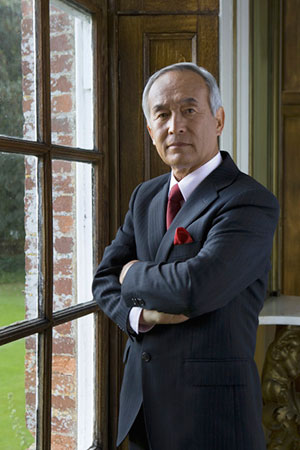People-pleasing childhood getting in the way
 When Debra got a call from a global airline’s CEO about Theo, the firm’s chief procurement officer, he had just gotten the worst performance review of his life. He was embarrassed, ashamed and rightly scared about his chances of continuing in a leadership role.
When Debra got a call from a global airline’s CEO about Theo, the firm’s chief procurement officer, he had just gotten the worst performance review of his life. He was embarrassed, ashamed and rightly scared about his chances of continuing in a leadership role.
Theo had joined the airline straight out of college and grown his own expertise as the company expanded through acquisitions and strategic alliances. Elevated to chief procurement officer three years earlier, Theo began experiencing problems with managing staff and negotiating contracts nearly immediately. He saw himself as a flexible person, often winning points by granting favors to directors who wanted greater responsibility or by participating in the give-and-take of contract negotiations and had thought of himself as successful until receiving the devastating evaluation.
What Theo didn’t grasp, however, was that at times he was offering concessions to one manager at the expense of another—sometimes breaking longstanding agreements to do so—and was giving up too much margin to vendors in an effort to seem likeable. He’d stood by as the firm stretched from one continent to several others, outgrowing expertise of the old friends who now formed his core team and degrading the team’s ability to deliver in the new, more demanding environment.
How Debra helped
After learning in depth about Theo’s professional and personal background—a routine part of her early work with clients—Debra picked up on behavioral patterns from his early life that were undermining Theo’s success as an adult. What had been a survival skill in his childhood home was propelling him to actions in his work life that were too soft.
Taking care of other people was second nature to Theo. The child of a critical, alcoholic father and a mother who was afraid of his father’s frequent explosive outbursts, Theo learned early not to rock the boat. The more agreeable his behavior was to his parents, the calmer the atmosphere for everyone in the hours after his dad got home from work.
In his current role, however, it was imperative that Theo learn how to rock the boat. He had to learn to focus on results rather than on people. He needed to understand that in the workplace, people are replaceable and to develop the backbone to set limits on how long people had to improve their performance. Perhaps most challenging, he had to learn to risk making people who looked up to him angry if he delivered negative evaluations and held them accountable, even firing ones with lackluster performance.
Theo had to learn to act against type.
Debra challenged Theo about his decisions in a number of scenarios to help him develop pattern recognition about behaviors that were second nature to him and were limiting his effectiveness. It took some time for Theo to comprehend, but he finally had an “Ah-hah!” moment in which he realized that he was, nearly universally, a people-pleaser.
Theo also was incessantly competitive, Debra learned. He was used to winning. Although it was a big come-down for him to realize that in order to succeed and keep his job, much less to thrive in it, he’d have to give up being well-liked in some circles, he harnessed his formidable desire to win and got to work on his issues. He pruned his team of underperformers and held remaining staff and new hires accountable.
The next year, he got one of his best reviews ever. His department became known as a model, and Theo was named one of the nation’s chief procurement officers.
